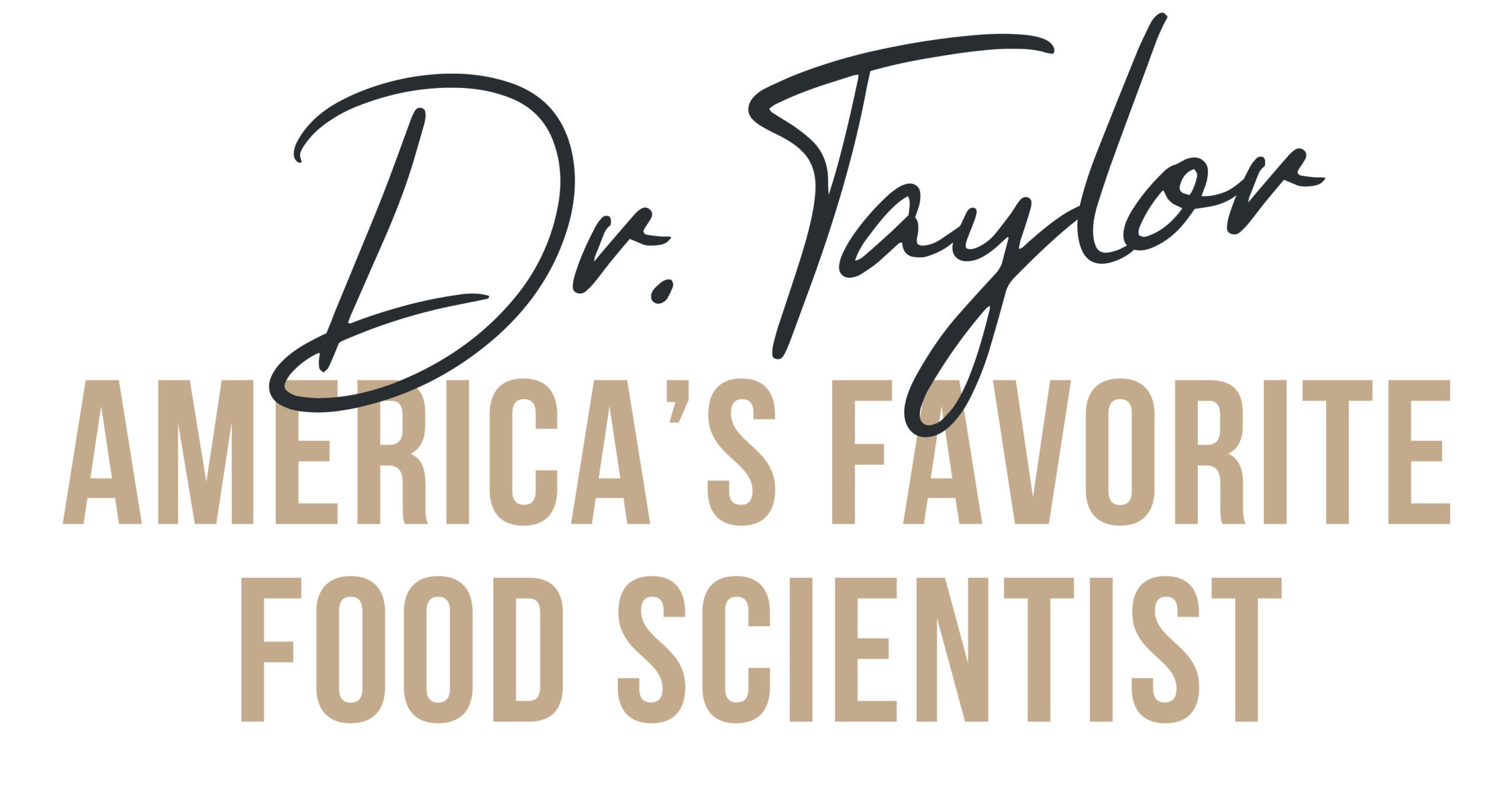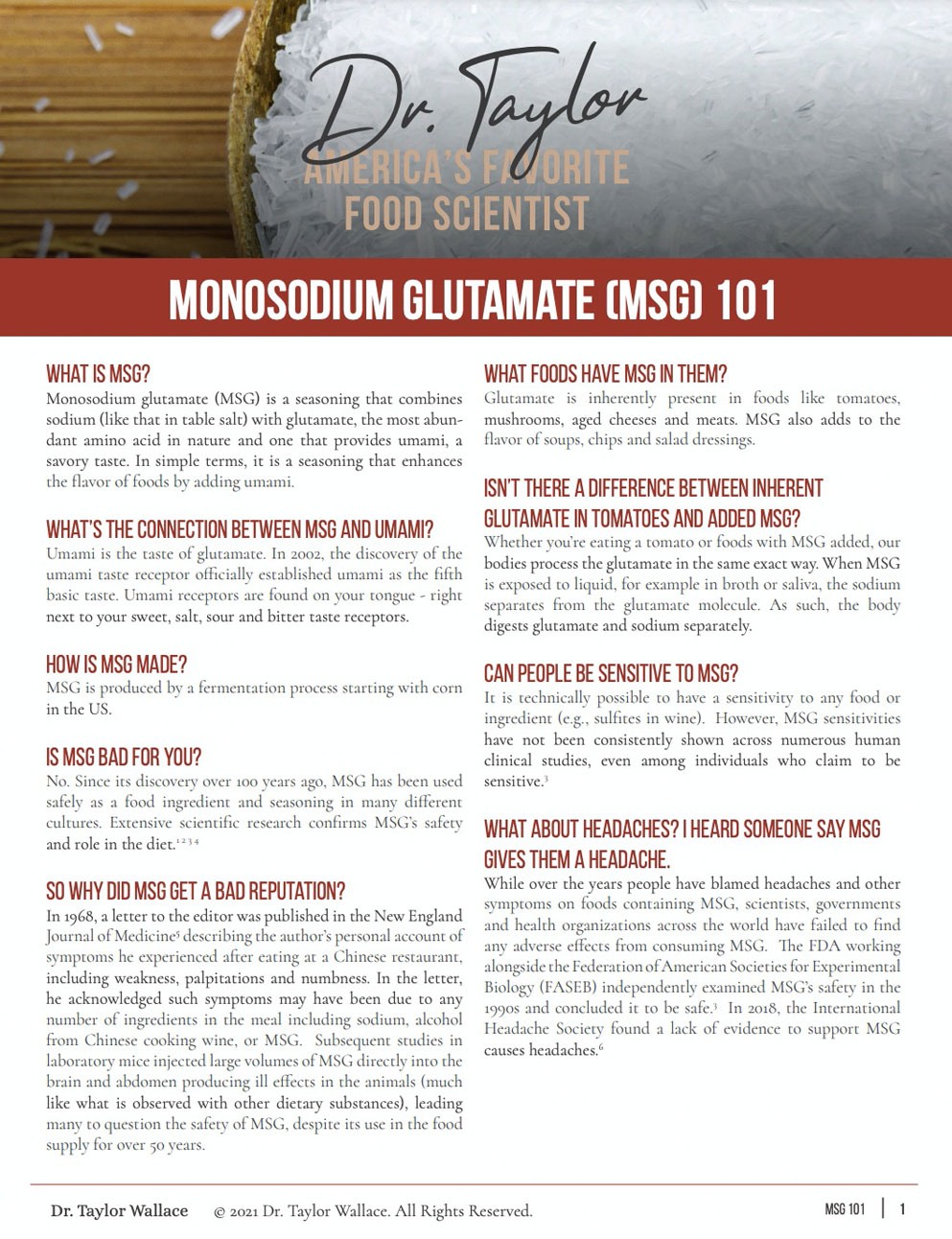Overcoming Potential Dangers of a Vegan Diet

- September 26, 2023
The popularity of veganism has grown significantly in recent years, driven by ethical, environmental, and health considerations. While a well-planned and balanced vegan diet can offer numerous health benefits, it’s essential to understand and address potential risks associated with this dietary choice. In this blog post, we will explore some of the potential dangers of a vegan diet and how to mitigate them to ensure optimal nutrition and well-being.
Common Nutritional Deficiencies Associated with Vegan Diets
One of the primary concerns with a vegan diet is the risk of certain nutrient deficiencies. Vegans may be at higher risk of inadequate intake of nutrients like vitamin B12, vitamin D, choline, calcium, iron, zinc, omega-3 fatty acids, and iodine. It is crucial for vegans to plan their diet carefully, incorporating fortified foods or supplements as needed to ensure sufficient intake of these essential nutrients.
Protein Quality and Quantity
Protein is a vital macronutrient for overall health and muscle maintenance. Plant-based protein sources can be lower in certain essential amino acids compared to animal-based protein sources. Vegans should be mindful of consuming a variety of plant-based protein sources such as legumes, tofu, tempeh, quinoa, and seitan to ensure adequate protein intake and a balanced amino acid profile.
Calcium and Bone Health
Vegan diets are often lower in calcium, which is essential for bone health. Without proper planning, vegans may face an increased risk of developing osteoporosis or having inadequate bone mineral density. It is important for vegans to include calcium-rich plant-based foods like fortified plant milks, tofu, leafy greens, and calcium-set tofu, or consider calcium supplementation if necessary. A recent systematic review shows vegans to be at greater risk for osteoporotic fractures.
Omega-3 Fatty Acids
While plant-based sources like flaxseeds, chia seeds, and walnuts provide alpha-linolenic acid (ALA), which is a precursor to omega-3 fatty acids, the conversion of ALA to the more beneficial forms, such as EPA and DHA, is inefficient in the human body. Vegans should consider incorporating algae-based supplements or other vegan sources of EPA and DHA to ensure adequate omega-3 fatty acid intake.
Vegan Diets and Risk of Poor Growth and Development in Children
Children following a vegan diet require careful attention to ensure adequate nutrient intake for growth and development. It is crucial for parents to consult with a certified registered dietitian nutritionist (RDN) to ensure appropriate nutritional planning and monitoring of nutrient status in children on a vegan diet.
The Bottom Line on Vegan Diets
While a vegan diet can be a healthy and sustainable choice when properly planned, it is essential to be aware of potential dangers and take appropriate measures to mitigate risks. Nutritional deficiencies, inadequate protein intake, and potential issues related to calcium, omega-3 fatty acids, and children’s growth require attention and informed decision-making. An RDN can provide valuable guidance in developing a well-balanced vegan meal plan, incorporating appropriate supplements, and monitoring nutrient status to support long-term health and well-being.
Interested In Learning More?
Check out my online educational courses. All recommended products can be found on my Amazon store.








